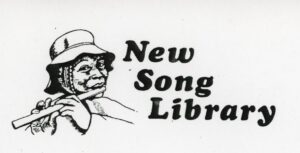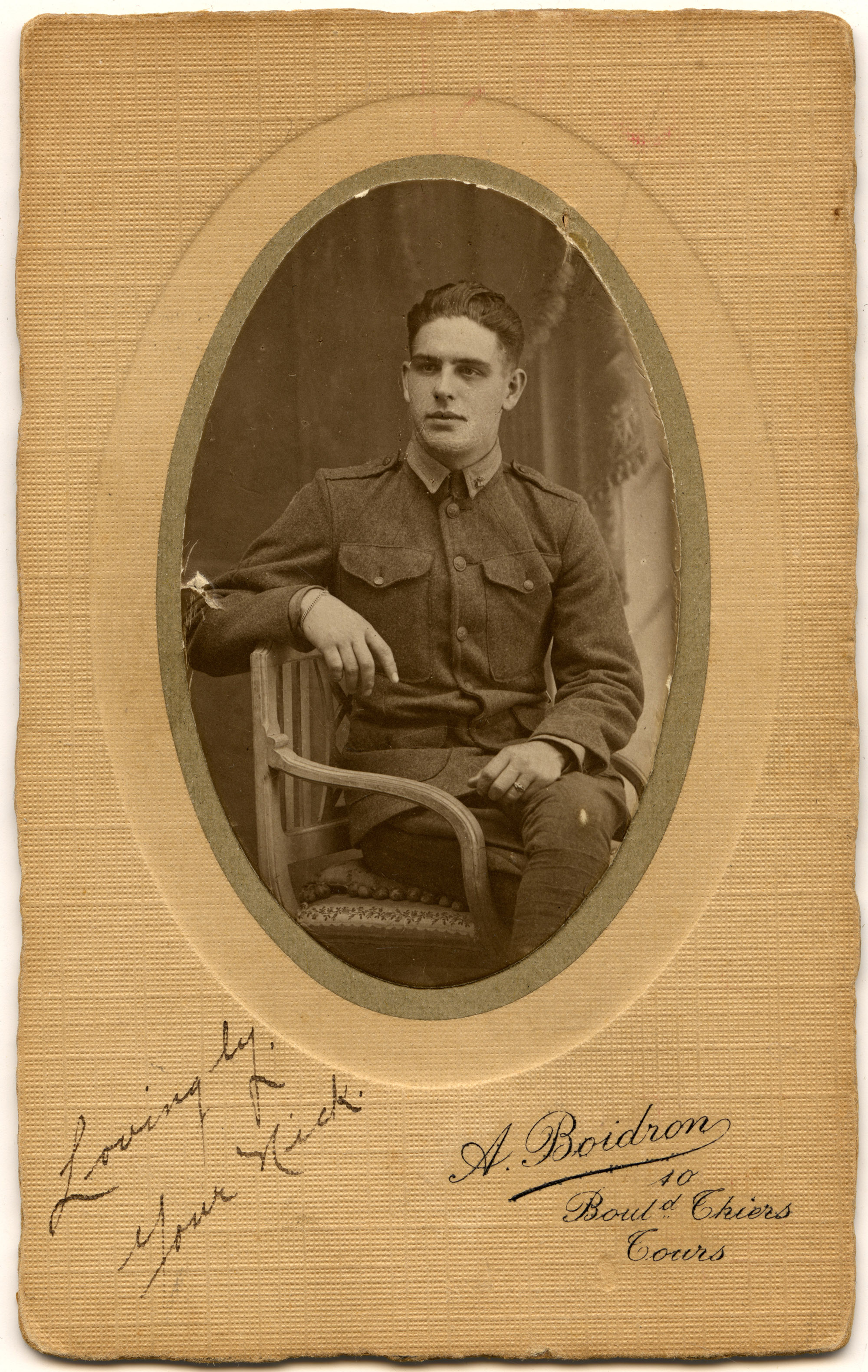Nantucket Monthly Meeting (Society of Friends) Records
Established in 1708, the Nantucket Monthly Meeting of the Society of Friends has had a distinctive history marked by the separations that troubled Quakerism in the nineteenth century. In 1830, Nantucket became one of the few monthly meetings in New England to divide along Hicksite and Orthodox lines, and as that separation was healing in 1845, the Wilburite and Gurneyite factions separated. Uniquely, the Wilburites split further in 1863, when the “Primitive” or “Otisite” Friends departed. Quaker worship was effectively absent on Nantucket from 1894 to about 1939.
This fraction of the records of the Nantucket Monthly Meeting of Friends documents the history of the meeting up to and through the Wilburite-Gurneyite schism. With the exception of some loose materials from the Women’s Meeting from 1776-1781, the collection contains little from the first several decades of the meeting (these are housed at the Nantucket Historical Association), but there is rich content on the state of the meeting and the conflict that followed the separation of 1845, along with minutes from the decade leading up the Wilburite-Gurneyite reunion in 1944.



